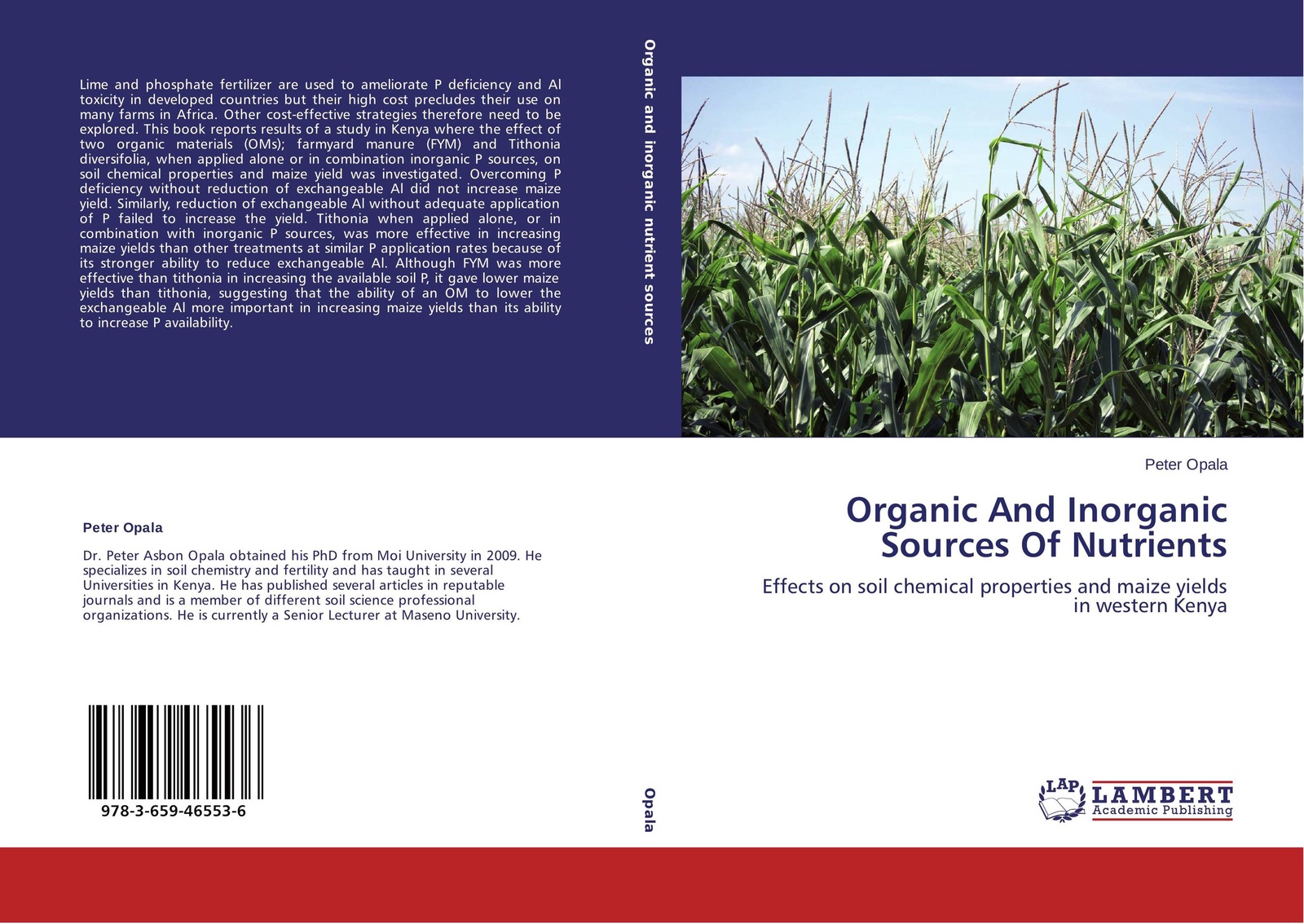It is also rattling Ethiopia’s economy
“L IKE FOODSTUFF spread inside wind” try how Abiy Ahmed, Ethiopia’s best minister, represent the Tigrayan People’s Liberation entrance (TPLF), the ethnically supported group that referred to as images in Ethiopia for almost three many decades. By this he means its crushed, never to revive. There is certainly doubt that the strength have waned. In 2018 the TPLF destroyed control of the government, producing method for the ascent of Abiy. Consequently final November his power booted the TPLF from the seat during the local administration of Tigray, a northern condition, eradicating or recording the the leaders and sending others into concealment.
But Abiy’s definition is actually apt in another far too. His or her causes at the moment are battling hidden guerrillas whom they’ve been incapable entirely to suppress. Last year, after federal troops inserted Mekelle, the Tigrayan budget, Abiy declared success. Nowadays the guy acknowledges that whipping “an adversary and that is in covering” is “very difficult”.
Since war drags over, a person’s burden mounts. In recent months tens and thousands of Tigrayans has escaped precisely what United states authorities have got described as ethnical cleanse in american Tigray. Potentially numerous civilians being murdered by military on every side. Lady and medical practioners in Tigray document size rape by both Ethiopian and Eritrean soldiers. “The conflict is definitely continuous and human-rights violations is taking  place day-to-day,” says Finland’s overseas minister, Pekka Haavisto, who is the EU’s unique envoy to Ethiopia.
place day-to-day,” says Finland’s overseas minister, Pekka Haavisto, who is the EU’s unique envoy to Ethiopia.
The war’s financial prices are ruinous, also. Being had been boosting. Between 2000 and 2016 the communicate of Ethiopians which would never be able to purchase a baskets of dinners containing minimal amount of fat needed fell from 44per cent to 24percent. These great increases, created in Africa’s second-most populous state, now are under danger.
Focus on the immediate prices of repair. Eyob Tolina, Ethiopia’s finances minister, reports the price of mending harmed structure is around $1bn (about 1per cent of GDP). Educational institutions, schools and medical facilities happen looted or wrecked, as have actually plants and industries.
Long-term costs are difficult to measure, however they are turning up. Prior to the war Tigray produced one third of Ethiopia’s sesame exports, well worth about $350m a year, a tenth of complete exports. Since that time, a large number of growers posses fled, leaving the pick. Although sales in Mekelle is definitely slowly and gradually buying, bankers and marketplace in much of the location are nevertheless closed.
Officials shrug off the financial effects. In January the trade ministry announced the closing of production facilities and roadways in Tigray am getting rid of the nation $20m monthly in exports. Abiy possesses since trumpeted a 21% increase in exports, mainly using a large upsurge in earnings from golden. The federal government contends that the economic climate will grow by 8.5percent in 2021. The IMF, but reckons progress will likely be nearer to 2per cent.
The government’s self-esteem will be based upon a supposition the war’s influence would be limited to Tigray, which makes up lower than 10% of the nationwide economy. “Tigray. is definitely a geographically small-part of the nation,” states a senior federal government agent. “Certainly maybe not a large macro issues.” General public financial obligation keeps decreased by a lot more than a tenth since attaining a peak of almost 60% of GDP 36 months in the past, despite if a compact rise caused by covid-19.
Just how long can the industry carry an extended conflict? Inflation, that was managing at 18% ahead of the fighting, is above 20 percent. Foreign currency is cripplingly hard to find. Regarding the market the Ethiopian birr features dropped by 9per cent from the penny lately. Businesses hoping to get foreign exchange using official channels commonly wait at the least per year to have their allocation by state-owned bankers.
The federal government possess requested the IMF and also the globe financial institution to bail it. In March they claimed it might apply for debt settlement under a programme aimed at supporting inadequate nations afflicted with covid-19. Review services usually decreased Ethiopia’s personal debt. The government likewise expectations to receive a windfall from auctioning two newer mobile-phone permits and soon after marketing a 45per cent express of Ethio telecommunications, the mobile-phone market.
But therapy, whether from loan providers or brokers, is likely to be slower. Confronted with reports of atrocities as well as anxiety concerning elections, which are scheduled for June, international investors are nervous. “Everything is on hold,” research one. Representatives agonize that extra support from contributor is almost certainly not upcoming. In January europe supported €88m ($107m) of funds service until help businesses are given whole entry to Tigray.
Ethiopia has very little place for manoeuvre. According to the regards to a preexisting IMF programme it can’t quite easily acquire even more. Nor manages to do it only printing funds. The treasury continues capable of fund its shortage by marketing treasury invoices, typically to state-owned pension funds (before it simply pressured banking institutions to place public debt at below-market charges). Although government will deal with a balance-of-payments crisis unless it will put tough currency to finance imports and solution the foreign-denominated debts.
Partners for instance Asia, Russia and, specifically, nations inside Gulf may help to plug the gap. Meanwhile the clash was distributing. People in Tigray were depriving. Size famine looms. In other places in the nation cultural brutality try worsening. Recently months hundreds of folks have passed away in clashes between Oromos and Amharas, the region’s two most significant people, as well as between ethnic Somalis and Afars in the east. Eyob, the finances minister, seems hopeful, saying that in recent months the economic has demonstrated “resilience” when confronted with the problems. On the ground, though, the specific situation looks progressively dire. ¦